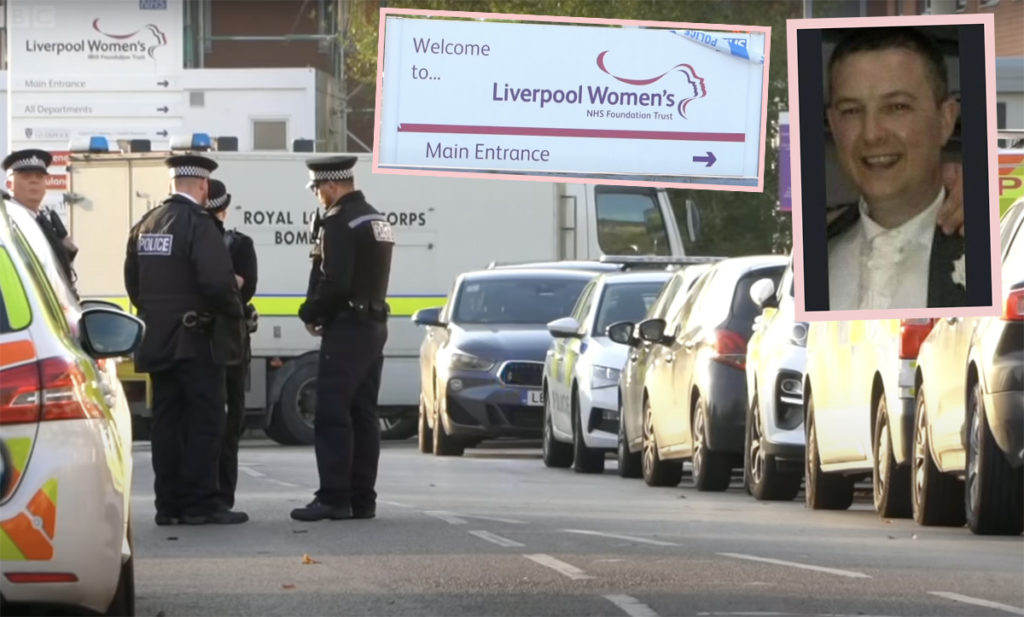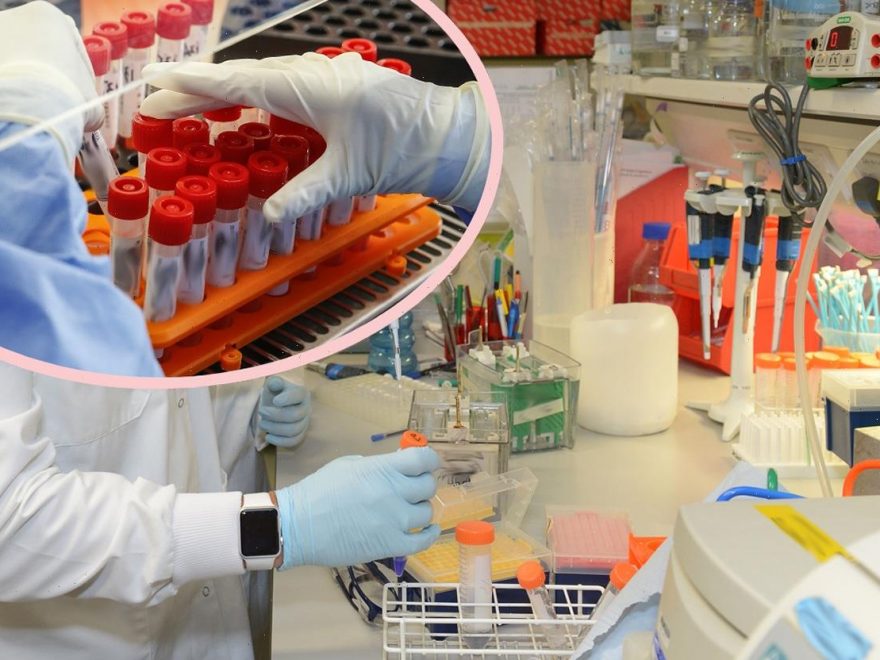A young mother in a small Argentina town has possibly become the second documented person in history to have their own immune system cure HIV.
Scientists researching the disease published a new study in the Annals of Internal Medicine on Monday, explaining their remarkable findings in the cells of a 30-year-old formerly-HIV-positive woman from the small town of Esperanza, Argentina.
The woman, who was first diagnosed with HIV back in 2013, has been dubbed the “Esperanza patient,” after her hometown, which appropriately means “hope.”
The young mother released a statement to the media in conjunction with the study’s publication, writing anonymously via email (below):
“I enjoy being healthy. I have a healthy family. I don’t have to medicate, and I live as though nothing has happened. This already is a privilege.”
Amazing!
Dr. Xu Yu, a viral immunologist at the Ragon Institute in Boston, and Dr. Natalia Laufer, a physician scientist at the INBIRS Institute in Buenos Aires, led the study. They conducted an “exhaustive search” for any viable HIV in the woman’s body and were unable to find it, bringing hope that her immune system had worked incredibly well to combat the virus.
Dr. Yu summed it up well (below):
“This is really the miracle of the human immune system that did it.”
Amen!
While scientists have been working for decades at trying to cure HIV on multiple fronts, including through gene therapy and stem cell transplants, having a case like this involving a person’s natural immune system may shed new light on the disease and more potential cures.
Dr. Steven Deeks, a prominent HIV researcher in California who was not involved with this particular study, spoke to NBC News about the breakthrough. In his interview, Dr. Deeks asked the question that is now on everybody’s minds following the amazing news from Argentina:
“Now we have to figure out the mechanisms. How does this happen? And how can we recapitulate this therapeutically in everybody?”
No kidding!
Related Posts





Source: Read Full Article
